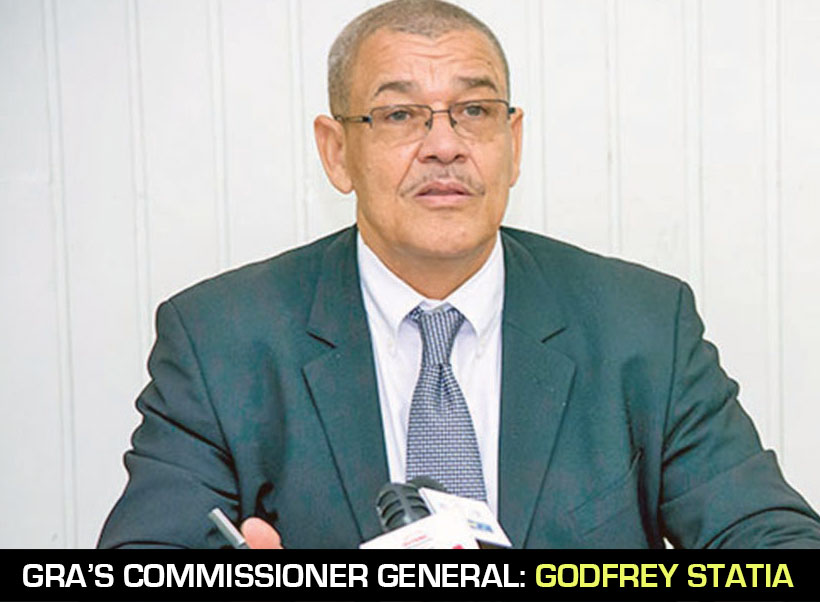The Mineral Agreement between the Government of Guyana and Canadian firm, Guyana Goldfields, sets out clear provisions for local content. In fact, the contract makes it clear that the company should use all reasonable efforts to give preference to products and services produced and offered in Guyana.
One of the many benefits the company enjoys for ensuring maximum local content is that it is not required to pay any licences, fees, duties or other charges relating to its imports or local purchases in Guyana for equipment or supplies for its projects.
The contract notes however that this benefit can cease to have effect or power should the contractor (Goldfields) fail to live up to its obligations.
But, for some reason, this sunset clause, contained at page 48 of the contract, under “Further Actions,” has not been enforced by the Guyana Revenue Authority (GRA) or any other regulator for that matter.
The Guyana Standard recently confirmed this with GRA’s Commissioner General, Godfrey Statia.
In fact, the Authority has not budged on this front in spite of numerous media reports that the Canadian company is in breach of its local content obligations. This is especially as it relates to the use of local truckers, equipment supplying firms and the use of local pilots for the company’s operations.
Statia’s inaction would be in stark contrast to his utterances in 2017 that all sunset clauses in agreements would be enforced. The Commissioner General is on record as stating, “Contracts bearing tax concessions need to be policed and stringent action taken where abuses are detected.”
Statia has often referenced the case of two foreign firms, BaiShanLin Forest Development Inc. and Vaitarna Holdings Private Inc., which breached their contracts with the government but felt no consequences prior to 2015.
When he took up the post, the Commissioner-General promised that there would be a change in this state of affairs.











